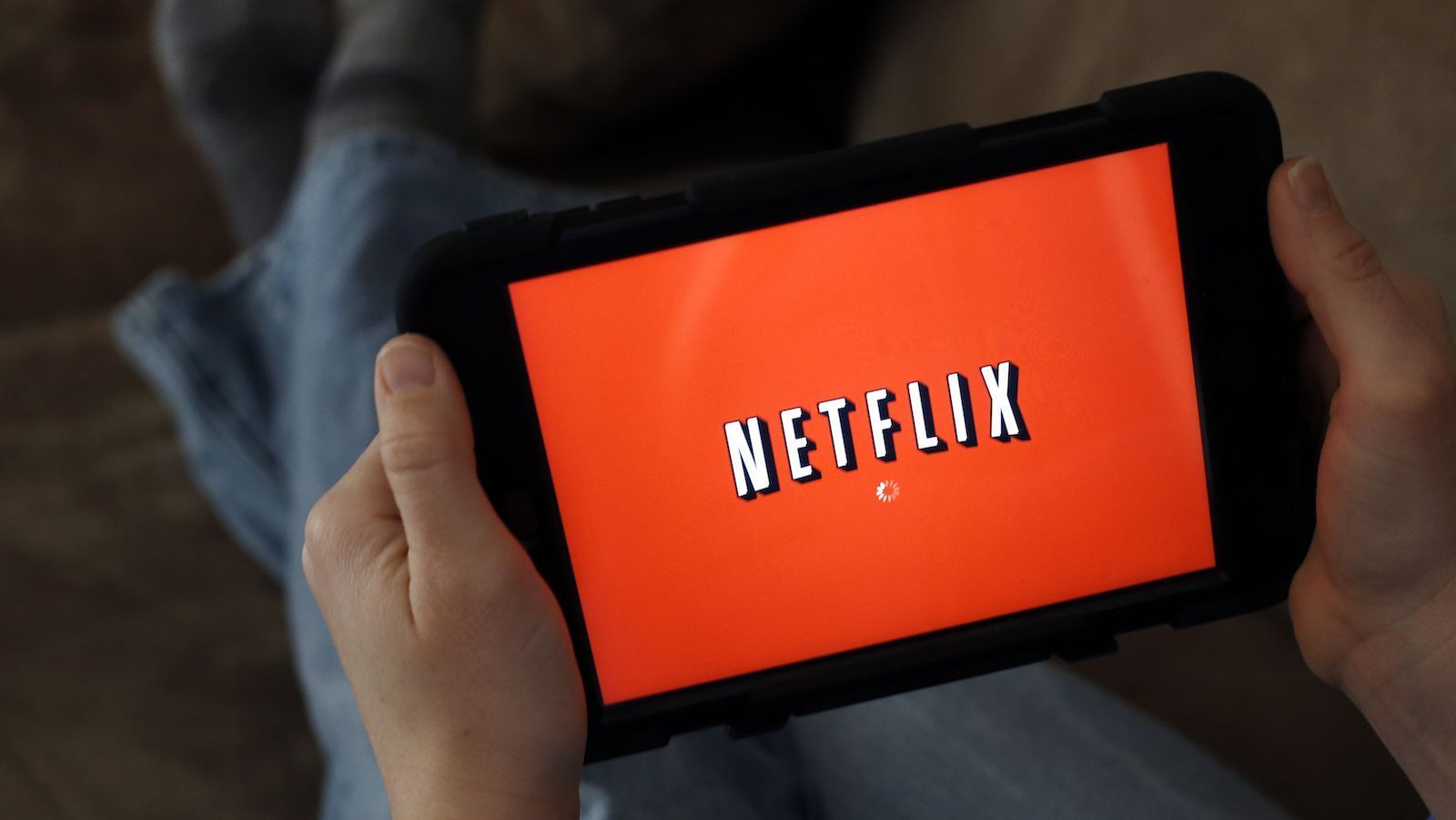Netflix is the simplest brand in the world according to a new survey
Around the globe, 137 million streaming subscribers tune in to Netflix monthly to watch one of more than 12,500 movies or TV shows. The brand is built on providing this one core service in a straightforward way, and consumers seem to appreciate its simplicity: according to a survey by Siegel+Gale, a global brand strategy firm, Netflix is the simplest, or most easily understood and used brand/service, in the world.


Around the globe, 137 million streaming subscribers tune in to Netflix monthly to watch one of more than 12,500 movies or TV shows. The brand is built on providing this one core service in a straightforward way, and consumers seem to appreciate its simplicity: according to a survey by Siegel+Gale, a global brand strategy firm, Netflix is the simplest, or most easily understood and used brand/service, in the world.
Siegel+Gale’s World’s Simplest Brands, previously known as the Global Brand Simplicity Index, attempts to rank companies based on how customers rate them on factors like how clear a brand’s identity is, how easy its services are to use, and how honest they perceive the company’s industry to be. This year’s findings are based on a survey of more than 15,000 consumers across the US, UK, Germany, Sweden, United Arab Emirates, Saudi Arabia, India, China, and Japan. A total of 800 brands were broken down into 25 categories, such as internet retail and media, but participants only answered questions about the most popular brands in their region. These brands were selected based on past surveys and research into what each country’s survey respondents would have used the most, or been most familiar with.
Netflix came out on top worldwide, German discount-supermarket chain Aldi came second, and Google came third. McDonald’s, Spotify, and Uniqlo also made the top 10. In 2017, Aldi took first place worldwide, while Netflix came in fourth.
In a press release, Siegel+Gale said Netflix’s ascent can partially be attributed to its “ease of experience,” which enables customers to start, pause, and resume playback of high-quality content without commercials. Brian Rafferty, global director of business analytics and insights at Siegel+Gale, points to Netflix’s increasing number of titles, which helps consumers “see them as having a unique offering,” thus making original content a clear part of Netflix’s identity and why customers seek them out. (Netflix is expected to have 1,000 original films and TV series on its platform by the end of 2018.)
Rafferty said survey participants were asked questions about categories as a whole, such as, “how transparent do you find this category?” These categories spanned the gamut, from internet search to hotels to fashion retail, and were chosen based on what industries are likely to feature the most heavily in consumers’ lives. Participants were also asked brand-specific queries, for example, “how much simpler or more complex do you feel this brand’s products, communications, and services are, versus their peers?” Only consumers who used the brand’s service, or were familiar with it, would answer the latter kind of questions. (It’s worth noting that these survey results were self-reported.)
Rafferty notes that the survey itself didn’t define the word “simple.” Respondents were asked an open-ended question about how they defined that term; many mentioned transparency, honesty, and ease of use, as key factors.
The survey also found that simplicity is core to positive user experience, and drives strong financial performance. Participants were asked what percentage more of their monthly bill within each category they would be willing to spend for a simpler experience. Though this number varied widely between categories like health insurance to social media, overall, Siegel+Gale determined that companies who didn’t provide simple experiences collectively left about $98 billion on the table last year.
Moreover, a stock portfolio of Siegel+Gale’s top 10 simplest global brands has outperformed the average of the major indexes, such as the S&P, by 679% since the company started publishing its simplicity index in 2009.
“It’s not that simple brands have an insane stock price, but there’s a positive correlation between good stock performance and brands that are being seen by consumers as providing simpler experiences,” Rafferty says. (This year, when Netflix released its impressive third quarter earnings report, with stellar subscription growth that outperformed even its own predictions following the second quarter, stock prices soared.)
On the other end of the spectrum, news and social media categories ranked poorly in this year’s report, Siegel+Gale said. Disinformation campaigns and privacy breaches are likely reasons why respondents did not see these industries as transparent or honest. Netflix’s straightforward offerings and purpose, on the other hand, make using it a breeze.